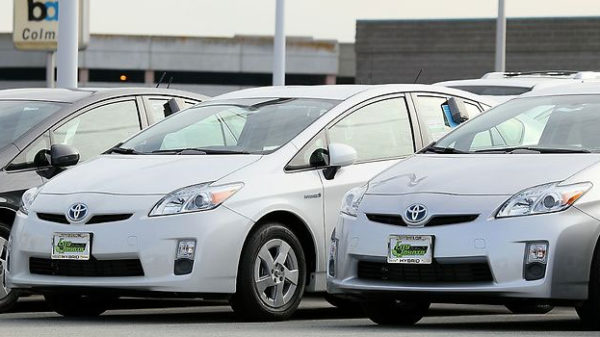By Okoth Agonda
MAY 24 – As Kenya’s fiscal year draws to a close, the Kenya Revenue Authority (KRA) faces scrutiny, having being projected to miss an ambitious revenue target. Initially set at a 29% increase from last financial year’s collection, the revenue target has proven to be overly optimistic, with KRA achieving a commendable yet lesser growth rate of 15%. This shortfall should not be seen as a failure but rather as an opportunity to reassess and remedy our expectations and strategies for sustainable growth.
Tax revenue targets are essential tools for expanding a country’s tax potential. They are crucial in designing or redesigning tax systems to seal loopholes and broaden the tax base. When used effectively, particularly in the context of medium-term reforms and institutional strengthening, these targets can create constructive pressure, pushing revenue administrations to maximize their collection potential. Furthermore, tax targets allow policymakers to measure the tax system’s efficiency and justify sourcing capacity development and vital reforms such as digitization and segmentation.
However, the efficiency of tax targets hinges on their practicality. If set too high, they can lead to unhealthy tax collection behaviours and unrealistic expectations. In Kenya, tax experts have debated whether the targets given to KRA are realistic or overly optimistic. The recent acknowledgment by the Principal Secretary (PS) of the National Treasury that KRA should be commended for its performance invites us to look beyond the figures and appreciate the efforts and context behind the numbers.
During a meeting with the National Assembly Committee of Finance and Planning, the PS emphasized the importance of viewing KRA’s efforts positively. He acknowledged that while KRA is projected to miss the revenue target by a significant Ksh 300 billion, this should be seen as a glass half-full rather than half-empty. The PS praised KRA for striving to meet an unprecedented and very ambitious 29% revenue growth target, which no tax authority had previously achieved. Despite this, KRA has so far managed a substantial 15% growth, a notable accomplishment under the circumstances.
According to a recent statement by the Authority, several factors have contributed to challenges in meeting its targets. The collection has been impacted by the performance of key economic indicators that drive revenue collection. These indicators have moved contrary to expectations, adversely affecting revenue mobilization. A significant depreciation of the Kenyan shilling against the US dollar and rising prices of key products like oil in the first half of the financial year, drove down import demand. Additionally, revenue performance was hampered by low domestic demand, as evidenced by a slowed Purchasing Managers Index (PMI) especially in the first half of the financial year.
Moving forward, it will be essential to set more realistic revenue targets that align with the economic realities and capacity of the country. Adjusting these targets will provide KRA with achievable goals that motivate and drive efficient revenue collection without setting the stage for inevitable shortfalls. By doing so, we can ensure that tax targets serve their purpose—stretching the revenue potential of administrations while maintaining a healthy, sustainable approach to tax collection.
In conclusion, while KRA may miss the overly ambitious target this year, the commendable growth achieved should be acknowledged and celebrated. Realistic and well-considered tax targets, coupled with continued investment in technology and capacity development, will pave the way for more sustainable revenue growth in the future. The lesson here is clear: ambition must be balanced with realism to foster an environment where tax authorities can succeed and thrive.
Agonda works at KRA as a communication expert


































